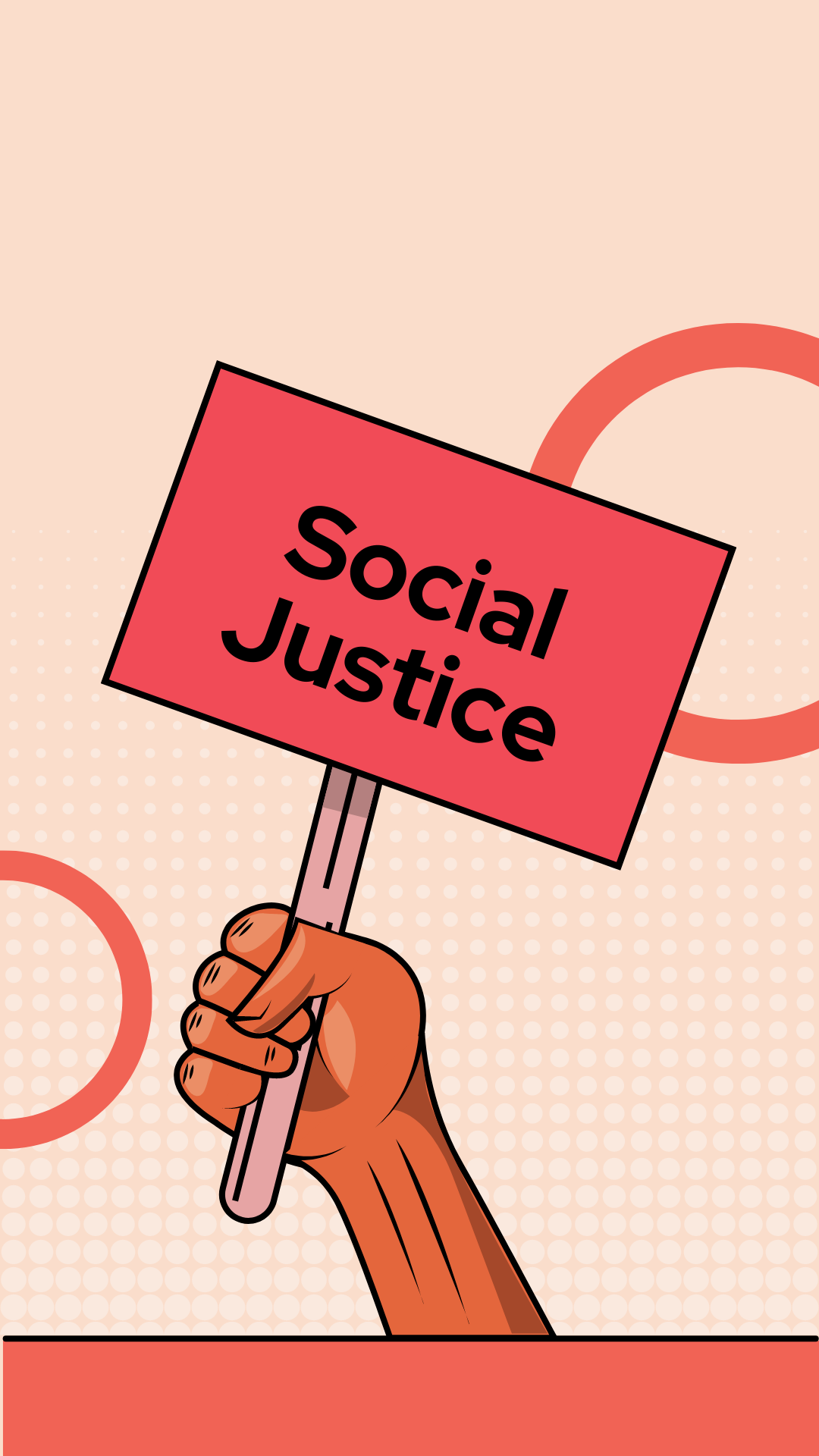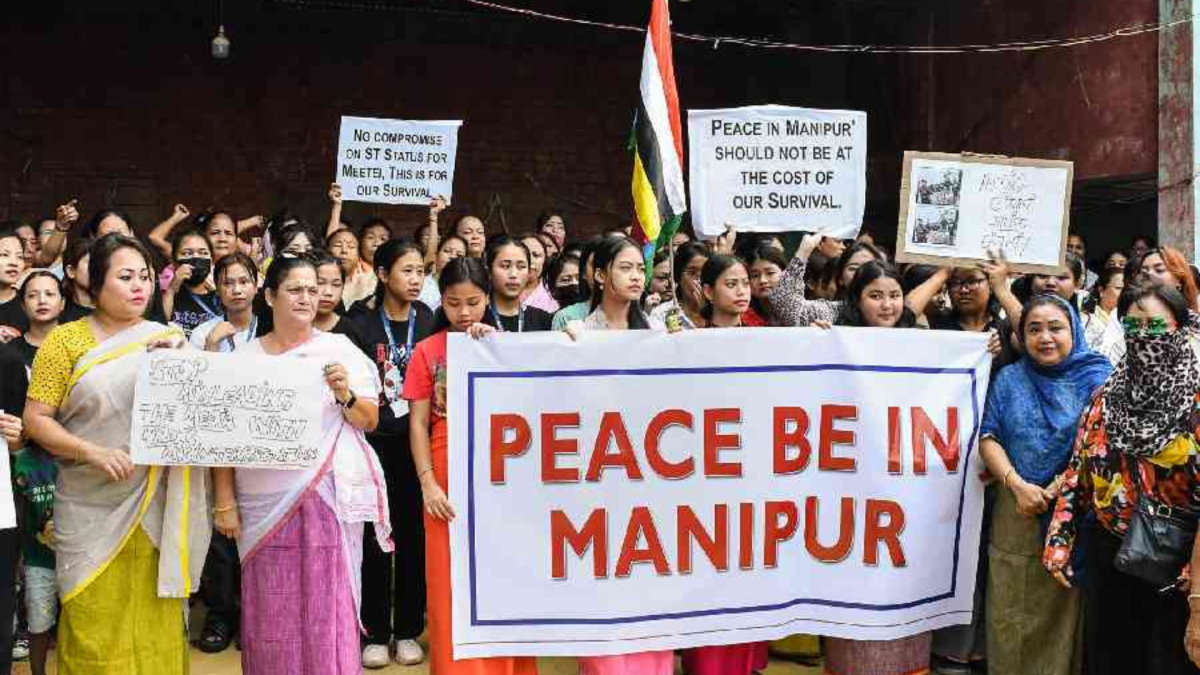‘If it were not for injustice, man would have never known justice.’ When we think about justice the immediate words that pop out in our minds are ‘fairness’, ‘equality’, ‘equitability’, ‘righteousness’, and many more. Justice in a layman’s language is the administration and maintenance of fairness and equitability, similarly, social justice is fairness that exists in any society. This fairness ranges from healthcare, education, housing, employment, and more. The idea of social justice is based on the idea that every individual living in society deserves to be treated equally with the equal amount of respect that the other members living in the society get, irrespective of their socio-economic background.
In India, the concept of Social Justice is embedded in the preamble itself. Its traces are found in words like ‘Socialist’, ‘Secular’, ‘Justice – Social’, ‘Democratic’, and ‘Republic.’ The colonial history of India, as well as the marginalization that some sections of society faced because of the rigidly followed Varna System, made the constitution makers realize the importance of social justice. Ensuring social justice is a crucial problem in India, as the society is stratified into various layers and functions on various levels. Even after 76 years of independence and the existence of reservation and other beneficial laws for the underprivileged sections of society, the attainment of social justice is far from reality. Around 16.5% of India’s total population lives in poverty i.e. they are unable to earn a decent livelihood. This huge level of economic disparity present between the poor and the rich is what also results in delayed and non-fulfillment of social justice. Social stability and peace are threatened by the pervasive caste prejudices and the ongoing discrimination against the lower castes. Large swaths of the population are socially and educationally behind, which prevents them from taking part in the process of social, economic, and personal growth.
As a result, the movement for social justice places a high priority on reducing unfair social behaviors. Historical, societal, and economic obstacles affect women. They are the most destitute category, even when compared to other types of deprived communities. The demands for gender justice must be taken seriously in a liberal society. The constitution ensures social justice through fundamental rights such as Article 15(1), which prohibits discrimination based on grounds of religion, race, caste, and sex. Article 16(1) ensures equal opportunity for all. These are a few among many other provisions. In order to attain social justice it is important that we build strong pillars of human rights, create access to the basic necessities for the citizens, encourage active participation, and prioritize the presence of equity over equality. Social justice in India has been a theoretical concept for a really long time but due to the advances in technology, individuals are becoming aware of their rights and duties, and the increase in the quality of law enforcement has made this theoretical concept turn into a more practical concept. With more efficient efforts into building concrete pillars within our democracy, we must pledge that, ‘SOCIAL JUSTICE WILL NOT BE A MYTH’.







